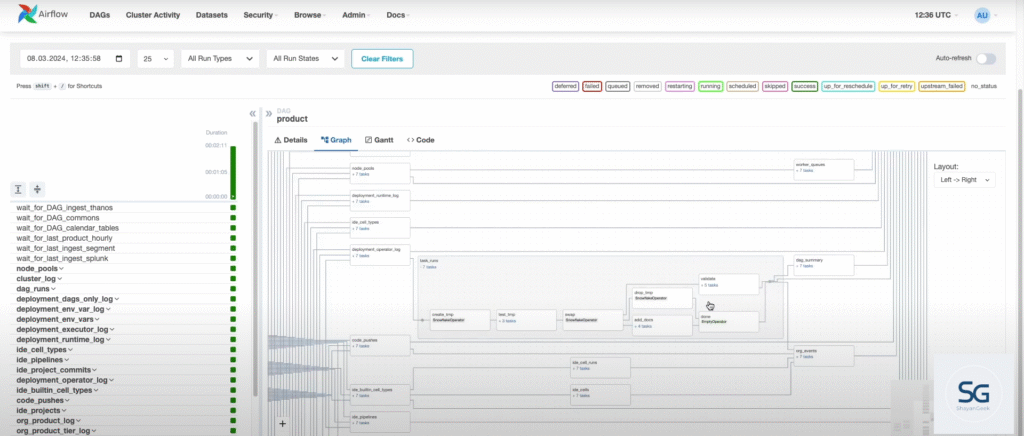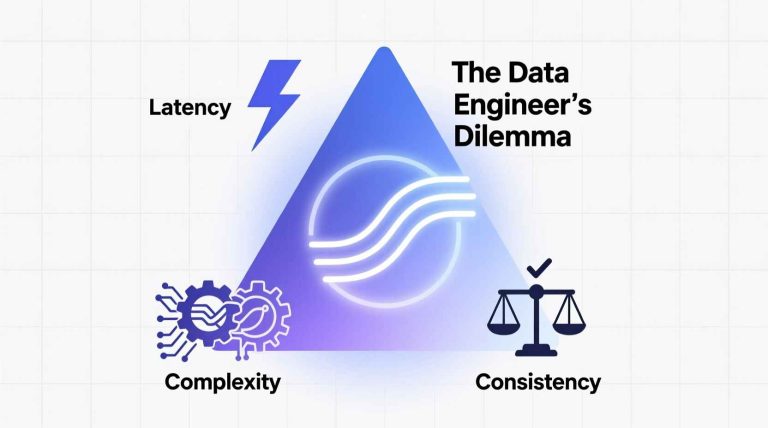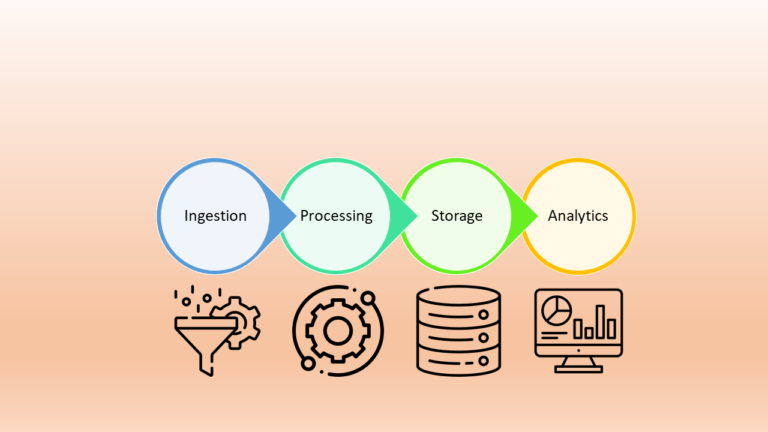Apache Airflow: Like an Organized Orchestra for Your Startup
You’re probably dealing with a ton of big and small tasks in the exciting world of startups, just like many of us. From collecting customer data to updating the website and sending out newsletters, there’s a lot that needs to get done on time and correctly for your startup engine to run smoothly.
When these tasks become so numerous and complex that every morning you face a long list of pending work, it’s like a chaotic kitchen where everyone is playing a different instrument—and in the end, you serve a bland dish to the customers!
That’s where a magical tool called Apache Airflow came to the rescue like a savior. Airflow is essentially an orchestra conductor for all your startup’s back-end operations. Imagine how a conductor harmonizes all the musicians with a baton to perform a flawless symphony. Airflow does the exact same thing for your digital tasks.
What Exactly Does Airflow Do?
Instead of running a bunch of small scripts and programs here and there and worrying about which one runs first, which one runs next, and what happens if one of them fails, Airflow helps you define all these tasks as an organized workflow.
You can specify which task should be done first, what comes after, what happens if a task is successful, and how to react if it fails. Airflow, like a responsible manager, oversees all these steps and ensures that everything goes according to plan.
Why Does Your Startup Need Airflow?

Now you might ask, how does this Airflow help me? I’m neither a data engineer nor a programmer! Let me give you a few simple reasons:
- Saving Time and Money: When tasks are automated and organized, there’s no need to spend a lot of time and human resources on repetitive and manual work. This means your team can focus on more important and strategic tasks, ultimately reducing your startup’s costs.
- Increasing Accuracy and Reducing Errors: When tasks are done manually, the chance of errors is very high. But Airflow, by automating processes, minimizes the possibility of errors and ensures that your data and information are always accurate and reliable. Imagine if your customer information isn’t recorded correctly – what a loss it would be for your business!
- Better Decision-Making Based on Up-to-Date Data: Airflow can automatically collect, process, and prepare data from various sources. This means you always have access to the latest and most accurate information, and you can make smarter decisions for your startup’s growth. One of our clients was able to have a real-time report of their marketing campaign performance with the help of Airflow and quickly changed their strategy, leading to great sales.
- Easier Scalability: As your startup grows, the volume of data and the complexity of tasks also increase. Airflow is designed to easily scale with this growth and meet your future needs. You no longer have to worry about your current systems not being able to handle the growth of your startup.
- Better Transparency and Monitoring: With Airflow, you can easily see what stage each task is in, how long it has taken, and exactly where a problem has occurred if something goes wrong. This transparency helps you have a better overview of the overall system performance and solve problems faster.
When Should You Choose Airflow with Open Eyes?
Of course, Airflow, like any powerful tool, is not suitable for all projects and all startups. If you have a very small startup with a few very simple and limited tasks, using Airflow at the beginning might be a bit of an “extra effort.” It’s like taking a big truck to move a few small items!
Airflow is more suitable for startups that:
- Have a large volume of data.
- Have complex and multi-step processes.
- Need their tasks to be done regularly and on time.
- Want to automate repetitive processes.
- Are looking for a scalable solution to manage back-end operations.
How Can Airflow Help Your Startup?
- Automating Customer Data Collection and Analysis: Suppose you collect a large amount of data daily from your website, application, and social media. Airflow can automatically collect, clean, process, and prepare this data for analysis so that your marketing and product teams can make the best decisions.
- Managing the Software Deployment Process: When your technical team prepares a new version of the product, the deployment process can be complex and time-consuming. Airflow can automate and organize all stages of this process to reduce the risk of errors and increase deployment speed.
- Marketing Automation: Sending promotional emails, updating contact lists, and analyzing the results of marketing campaigns can be automated with Airflow, freeing up your marketing team to focus on more creative strategies.
- Supporting Recommendation Systems: If your product has a recommendation system, Airflow can automate the process of training machine learning models and updating recommendations regularly so that your users always receive the best suggestions.
It’s Time to Take a Step Forward!
I hope this simple and friendly explanation has given you an overview of the power and applications of Apache Airflow. If you feel that your startup is also struggling with problems similar to that chaotic kitchen and you’d like to have an organized orchestra conductor for your back-end operations, I’d be happy to chat with you.
With my experience in this field, I can help you see if Airflow is right for you, how you can use it, and how you can build a powerful and efficient system for managing your startup’s data and processes. Feel free to leave a comment below or send me a DM on LinkedIn.







